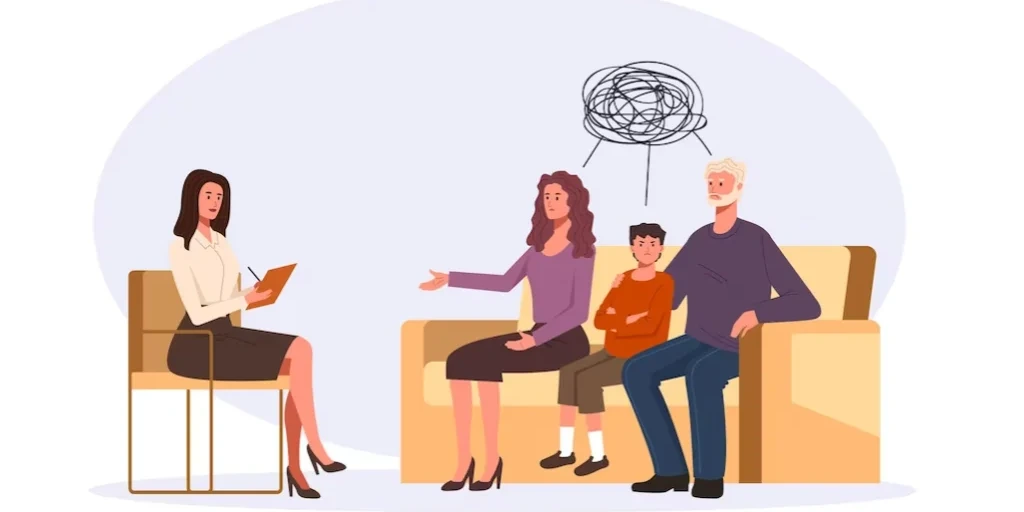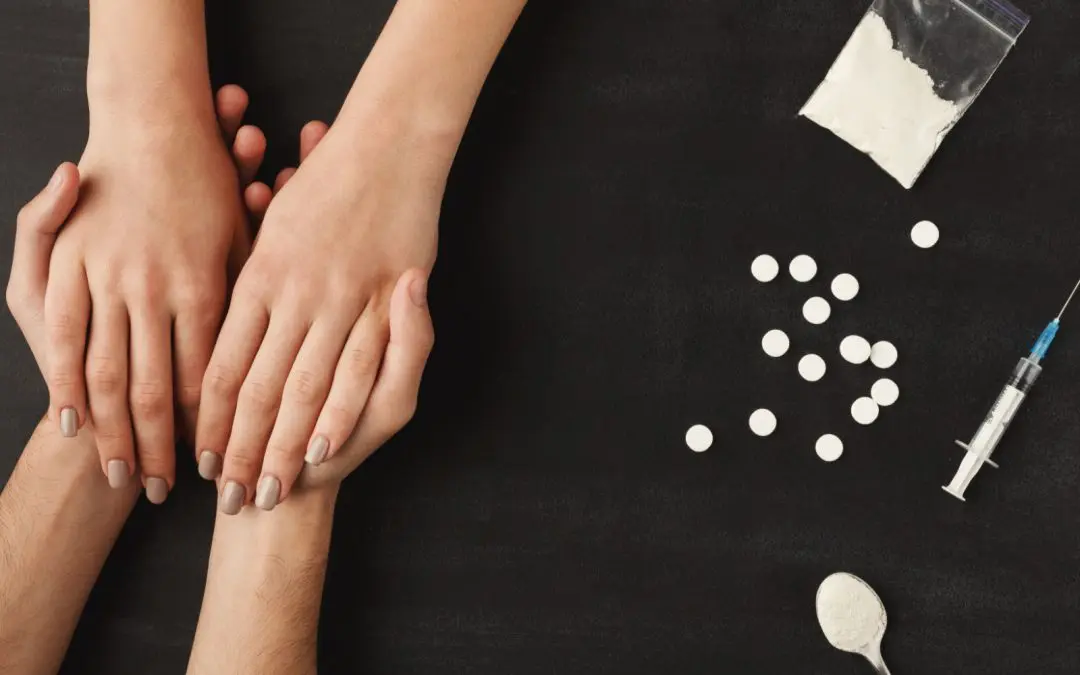24/7 Helpline:
(866) 899-221924/7 Helpline:
(866) 899-2219
Learn more about Bipolar Disorder Treatment centers in Boone County
Bipolar Disorder Treatment in Other Counties

Other Insurance Options

BlueCross

Sliding scale payment assistance

PHCS Network

BlueShield

Coventry Health Care

Optima

Health Net

Amerigroup

Excellus

MVP Healthcare

GEHA

Horizon Healthcare Service

Choice Care Network

CareSource

Group Health Incorporated

Health Partners
Beacon

Molina Healthcare

American Behavioral

WellCare Health Plans

Rosecrance
Rosecrance is a private not-for-profit organization offering behavioral health services for children...





































Remedies Renewing Lives
Remedies Renewing Lives - North State Street is located in Belvidere, Illinois. Remedies Renewing Li...

Hiawatha Valley Mental Health Center
Hiawatha Valley Mental Health Center is a private rehab located in Caledonia, Minnesota. Hiawatha Va...





















































